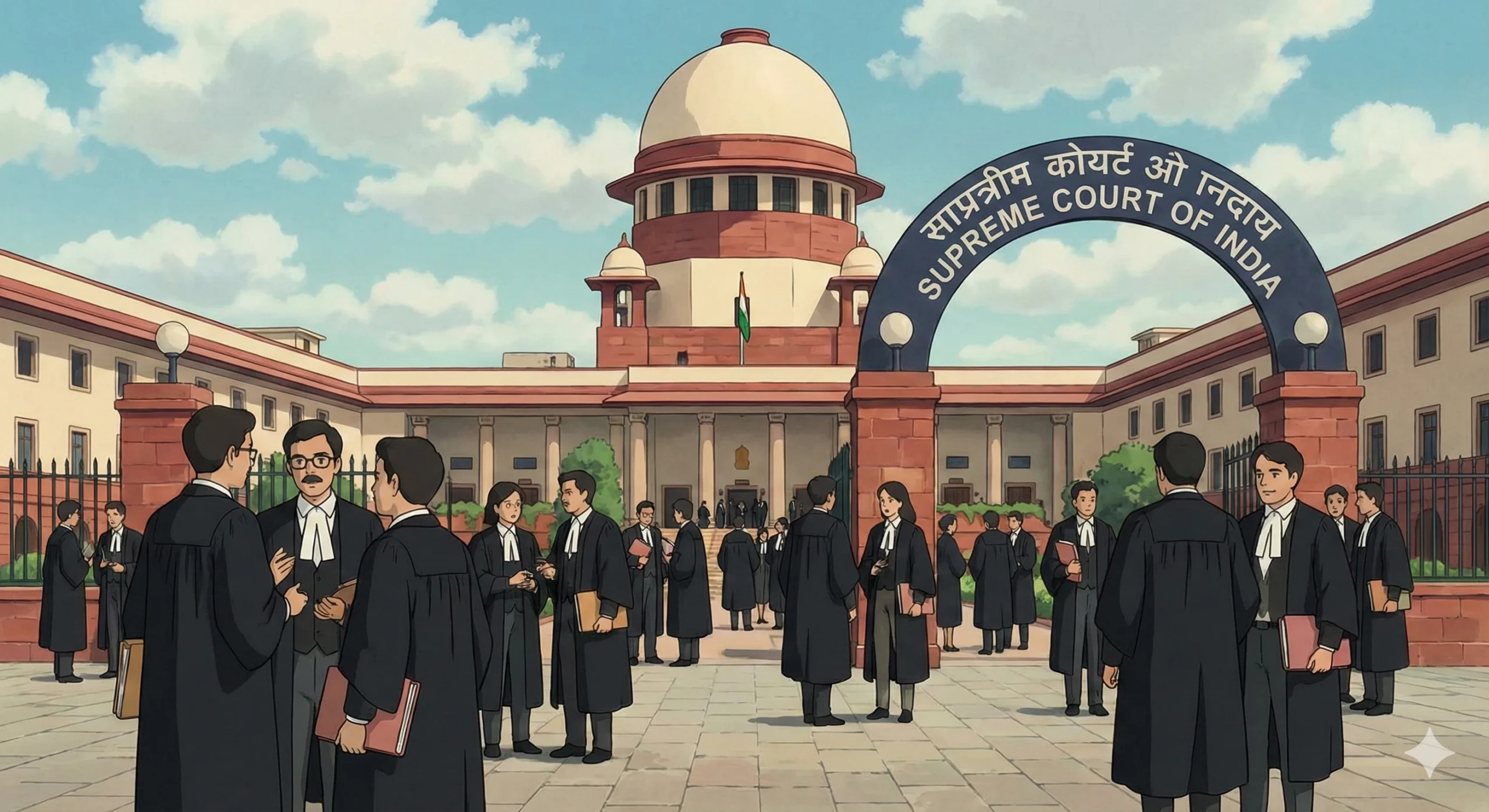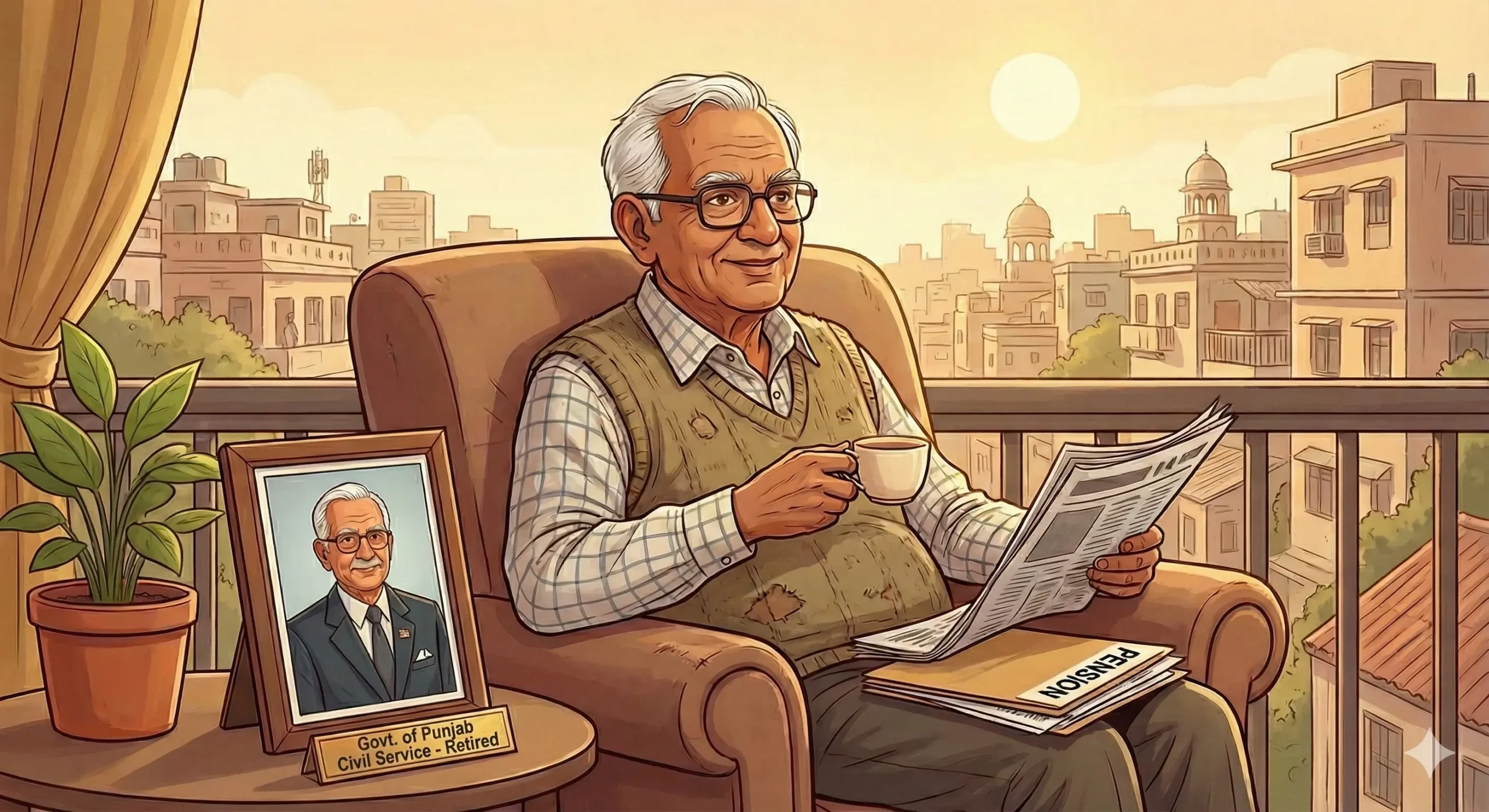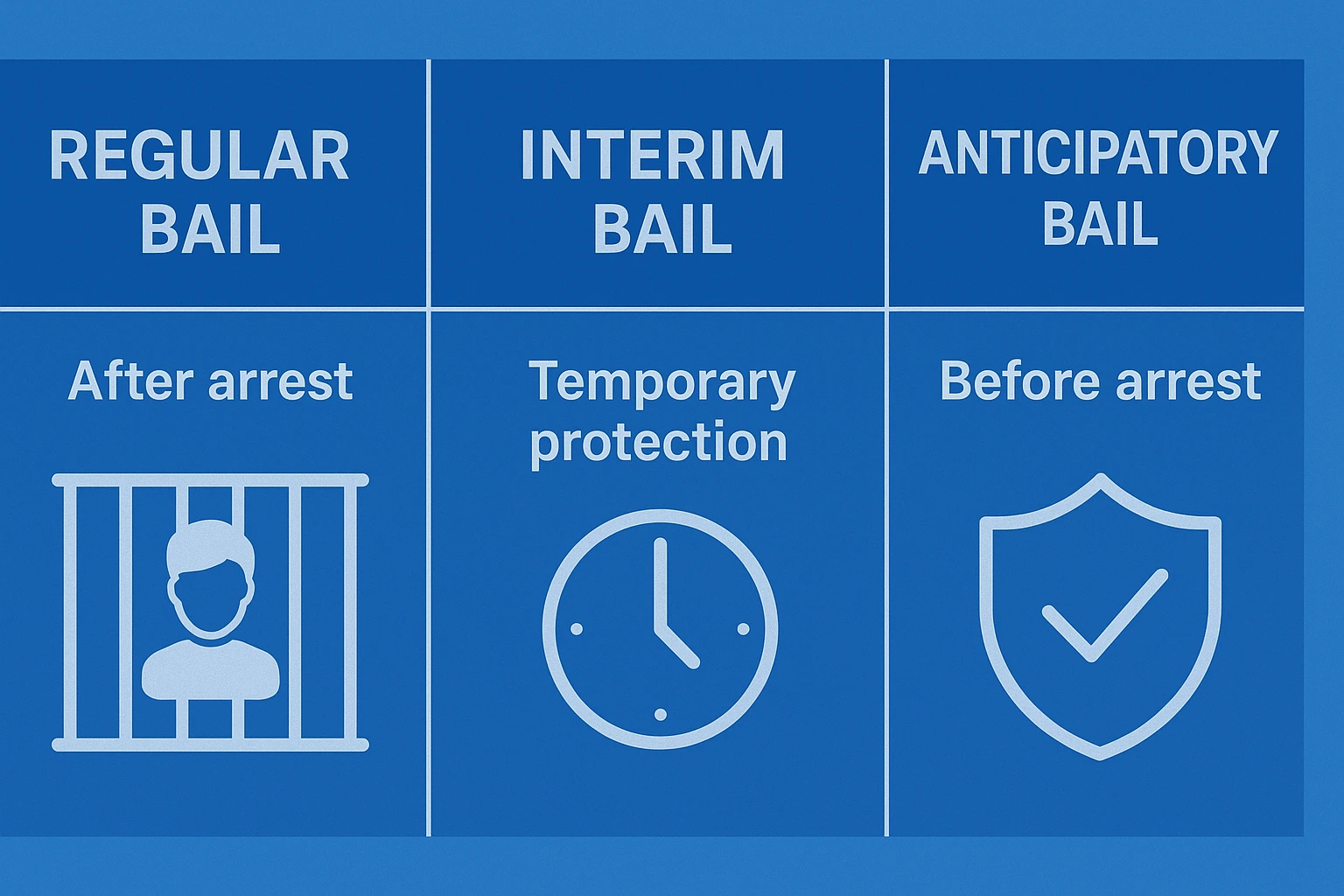
Compassionate Appointment is Not a Right: Analysis of Canara Bank v. Ajithkumar (2025)
Introduction: Why This Case Matters
In February 2025, the Supreme Court of India delivered an important judgment in Canara Bank v. Ajithkumar G.K. (2025 INSC 184), making it very clear that compassionate appointment is not a legal right. It is a concession granted by the employer only in cases of genuine financial hardship, and not a routine method of recruitment.
For government employees, bank employees and their dependents, this decision has serious implications. Just because a family member dies in service does not mean that an appointment on compassionate grounds is automatically guaranteed.
If you work in government service and are facing issues like transfer in public service or suspension orders under PCS Rules, understanding this judgment will help you see how courts view service benefits and special concessions.
Facts of the Case: Canara Bank v. Ajithkumar G.K.
The respondent, Ajithkumar G.K., was the son of a Canara Bank employee who died in December 2001, just a few months before superannuation. Ajithkumar applied for a job on compassionate grounds under the bank’s 1993 Compassionate Appointment Scheme.
The Bank, however, rejected his application. The main reasons were:
- The family was already receiving pension and had received terminal benefits, so they were not in dire financial distress.
- Ajithkumar was over the prescribed age limit under the scheme.
Ajithkumar challenged this decision before the Kerala High Court. A Single Judge and later a Division Bench took a sympathetic view and directed the Bank to grant compassionate appointment, even imposing heavy costs on the Bank for resisting his claim.
Canara Bank then filed an appeal before the Supreme Court. In its judgment dated 11 February 2025, the Supreme Court set aside the orders of the High Court and refused to grant compassionate appointment. Instead, it awarded a one-time ex gratia amount to Ajithkumar, exercising powers under Article 142 of the Constitution.
You can read the official judgment text on the Supreme Court website here: Supreme Court of India – Judgments.
Key Legal Principles on Compassionate Appointment
The Supreme Court in this case did not start from zero. It drew upon earlier case law and reiterated well-settled principles, while giving them clear and sharp expression.
1. Compassionate Appointment is an Exception, Not a Right
The Court emphasised that compassionate appointment is an exception to the general rule of recruitment based on merit and open competition. It is not an inherited right of the dependent or a property right of the deceased employee.
The purpose is humanitarian: to give immediate relief in cases where the family is left in a state of financial crisis due to the sudden death of the earning member. It is not meant to provide employment as a matter of routine or as a reward for long service.
2. Focus is on Financial Distress, Not Mere Loss of Income
The Court drew a clear distinction between:
- A fall in standard of living that naturally occurs when a breadwinner dies; and
- A situation of indigence or hand-to-mouth survival where the family cannot meet basic needs like food, shelter and education.
Compassionate appointment is justified only in the second category. If the family receives pension, gratuity, provident fund and other terminal benefits sufficient to avoid destitution, courts will be slow to interfere with the employer’s decision to refuse compassionate appointment.
3. Employer Must Consider the Family’s Overall Financial Position
In assessing a claim, the employer must look at:
- Amount of pension and other retirement benefits;
- Other earning members in the family;
- Movable and immovable property;
- Any other sources of regular income.
In Canara Bank v. Ajithkumar, the Supreme Court held that the Bank had correctly considered these factors and found that the family was not in such dire financial condition that a compassionate appointment was warranted.
4. No Automatic Relaxation of Age and Other Eligibility Conditions
The judgment also clarifies that there is no automatic relaxation of age limits or other eligibility criteria in schemes of compassionate appointment. Any relaxation must be:
- Specifically provided for in the scheme; and
- Applied only in exceptional, deserving cases.
Simply being a son or daughter of a deceased employee is not enough to claim a blanket relaxation of age or qualification requirements.
5. Timing and Delay: Compassionate Appointment is for Immediate Relief
Compassionate appointment is intended as immediate relief, not a benefit that can be claimed many years later when the family has adjusted to the new situation. If a long period has passed and the family is relatively stable, the very basis of compassionate appointment disappears.
Supreme Court’s Final Decision in the Case
Applying these principles, the Supreme Court concluded that:
- The Bank had rightly rejected the claim for compassionate appointment.
- The High Court had gone beyond its jurisdiction by practically ordering appointment and imposing heavy costs.
- There was no legal right in favour of Ajithkumar to claim a job under the 1993 scheme.
At the same time, the Court took note of the long litigation and the fact that the matter had been pending for years. To do complete justice, it exercised its power under Article 142 of the Constitution and directed payment of a one-time ex gratia amount to the respondent, while making it clear that this was not recognition of any right to appointment.
Impact on Government and Public-Sector Employees
This judgment is particularly important for employees of:
- Nationalised banks and public-sector undertakings (PSUs);
- State government departments;
- Central government offices and autonomous bodies.
Many employees assume that if something goes wrong – suspension, transfer or even death in harness – the law will automatically step in on their side. However, recent Supreme Court decisions show that the Court carefully balances individual hardship with the need to maintain a fair, merit-based recruitment system.
For example, if you are facing an issue with illegal or mala fide transfer, or if you have been placed under suspension under PCS (Punishment & Appeal) Rules, courts will examine whether the authority has followed the rules and whether there is a reasonable basis for the action, rather than simply substituting their own sympathy.
What Dependents Should Keep in Mind Before Applying
If you are a dependent thinking of applying for a compassionate appointment, the Canara Bank v. Ajithkumar judgment offers some practical guidance:
- Prepare complete financial details – pension, gratuity, bank balance, property, loans, etc.
- Apply within time – do not delay the application unnecessarily.
- Understand that there is no guarantee – the scheme is discretionary, not mandatory.
- Consider other legal remedies – where appropriate, dependents may seek ex gratia, family pension, or other benefits rather than insisting only on a job.
In some situations, litigation over compassionate appointment can take many years. During that time, the family may in fact become financially stable, thereby weakening the very basis of the claim. It is therefore important to take a realistic view at the outset.
Related Reading & External Resources
To understand compassionate appointment and service-law disputes in a broader context, you may also refer to:
FAQs on Compassionate Appointment After Canara Bank v. Ajithkumar
Is compassionate appointment a legal right after this judgment?
No. The Supreme Court has clearly reaffirmed that compassionate appointment is a concession, not a vested legal right. It is subject to the terms of the scheme and the discretion of the employer.
If the family receives pension, can we still get compassionate appointment?
It depends on the overall financial condition of the family. Pension, terminal benefits and other sources of income are relevant. If they are enough to prevent destitution, the employer can reject the application, and courts are unlikely to interfere.
Can courts direct appointment on compassionate grounds?
Courts usually do not direct appointment unless there is clear arbitrariness, mala fides, or violation of the scheme. Generally, they can direct reconsideration of the case in accordance with the rules. In this judgment, the Supreme Court refused to
enforce appointment but granted a one-time ex gratia amount.
What if the application for compassionate appointment is delayed?
Delay weakens the claim. Compassionate appointment is meant to address immediate hardship.
If many years have passed and the family has adjusted financially, the purpose of such
appointment is considered to have been lost.
Conclusion
Compassionate appointment is not a right. That is the core message of Canara Bank v. Ajithkumar G.K. (2025). While the law remains sensitive to genuine financial hardship caused by the death of an employee, the Supreme Court has also protected the principle of merit-based recruitment and fairness in public employment.
If you or your family are dealing with a service law issue – be it transfer, suspension, or disputes over service benefits – it is important to seek proper legal advice and understand how courts are currently interpreting these concessions and rights.



Comments (0)